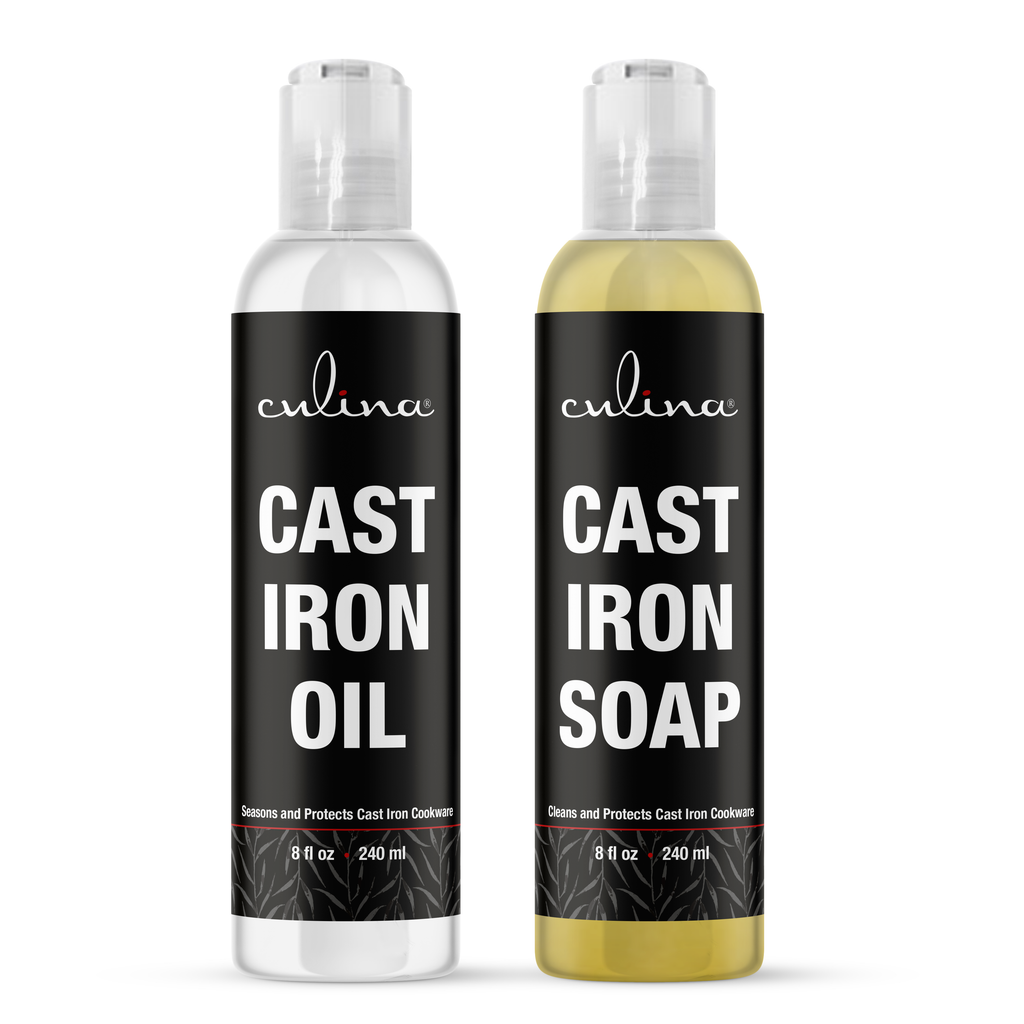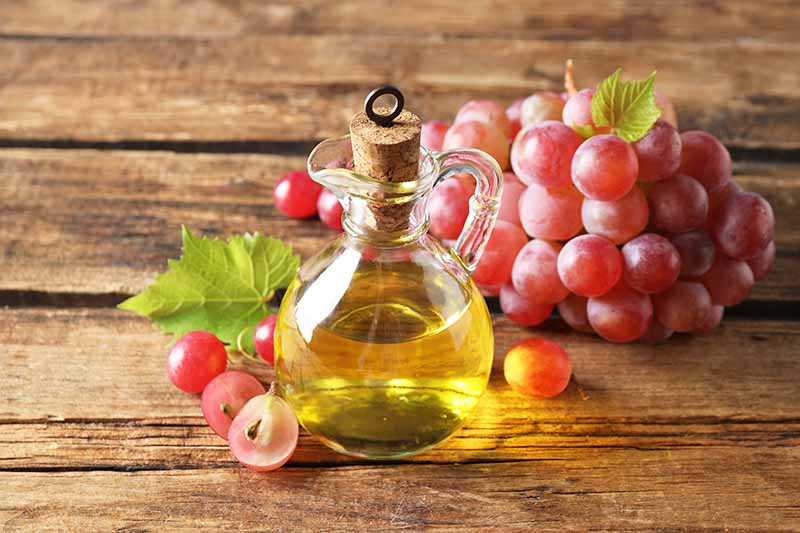Which is better extra virgin olive oil or grapeseed oil for skincare?
In the world of beauty and skincare, oils have become a crucial component for effective self-care. Among the myriad of oils available, extra virgin olive oil and grapeseed oil often stand out due to their numerous skin benefits. The question remains: which is better extra virgin olive oil or grapeseed oil? In this article, we will dissect both oils and their properties, focusing on their suitability for skincare enthusiasts, particularly beauticians.
Extra virgin olive oil is known for its rich antioxidant profile and moisturizing benefits, while grapeseed oil is lauded for its high vitamin E content and lighter texture. Understanding the differences and potential uses of these oils can help beauticians make informed choices for their clients and themselves.

The Basic Properties of Extra Virgin Olive Oil
Extra virgin olive oil is derived from the first pressing of olives, making it a premium product. It maintains most of its natural antioxidants, vitamins, and fatty acids. These compounds contribute to numerous skin benefits, such as:
- Hydration: The oil serves as an excellent emollient, trapping moisture in the skin and keeping it hydrated.
- Anti-aging: The antioxidants, particularly oleocanthal, help combat free radicals, potentially reducing the appearance of fine lines.
- Skin Repair: The oil is rich in oleic acid, which can assist in the repair of skin barriers and enhance healing.

The Unique Characteristics of Grapeseed Oil
Grapeseed oil comes from the seeds of grapes, a byproduct of winemaking. Like olive oil, it has its unique benefits that make it appealing for skincare:
- Lightweight Texture: Unlike olive oil, grapeseed oil is light and absorbs quickly, making it suitable for those with oily or acne-prone skin.
- Omega Fatty Acids: It contains a high amount of essential omega-6 fatty acids that promote skin health and elasticity.
- Antioxidant Rich: Grapeseed oil also contains vitamin E and other antioxidants that help protect skin from environmental stressors.

Which Oil is Better for Different Skin Types?
When considering which is better extra virgin olive oil or grapeseed oil, the choice often depends on the specific skin type:
For Dry Skin
Beauticians often recommend extra virgin olive oil for dry skin due to its rich, nourishing properties. Its heavier consistency provides deeper hydration and creates a protective barrier against water loss.
For Oily or Acne-Prone Skin
Conversely, grapeseed oil is a preferred option for oily or acne-prone skin because of its non-comedogenic nature and lightweight feel. Its ability to regulate oil production and prevent clogged pores makes it an optimal choice.

Practical Applications of Each Oil
Understanding how to use these oils effectively is crucial for beauticians. Here are several applications for both extra virgin olive oil and grapeseed oil:
Oil Cleansing
Using oils as a cleanser is becoming more popular; grapeseed oil can effectively remove makeup without stripping the skin's natural oils.
Facial Masks
A combination of extra virgin olive oil and other ingredients such as honey can create a hydrating facial mask that deeply conditions the skin.
Benefits of Combining Oils
Some beauticians recommend creating mixtures that incorporate both oils to leverage their individual benefits. Combining the rich hydration of extra virgin olive oil with the lightweight nature of grapeseed oil can provide a balanced approach for diverse skincare needs.
Conclusion: Making the Best Choice
Ultimately, the decision of which is better extra virgin olive oil or grapeseed oil boils down to specific skin needs. Each oil offers different benefits that can cater to various audiences. A beautician can make informed decisions by understanding their properties and applications. To further explore the benefits of grapeseed oil, visit this useful resource on grapeseed oil benefits.
FAQs about Olive Oil and Grapeseed Oil
1. Is one oil better for cooking than the other?
While olive oil is typically better for cooking due to its high smoke point, grapeseed oil is also suitable for high-temperature cooking.
2. Can these oils be used on hair?
Yes, both oils are excellent for hair conditioning, with olive oil promoting moisture and grapeseed oil enhancing shine.
3. Are there any allergy concerns with these oils?
Though rare, some individuals may be allergic to grapeseed oil. It's essential to conduct a patch test before full usage.
As an Amazon Associate, I earn from qualifying purchases.

